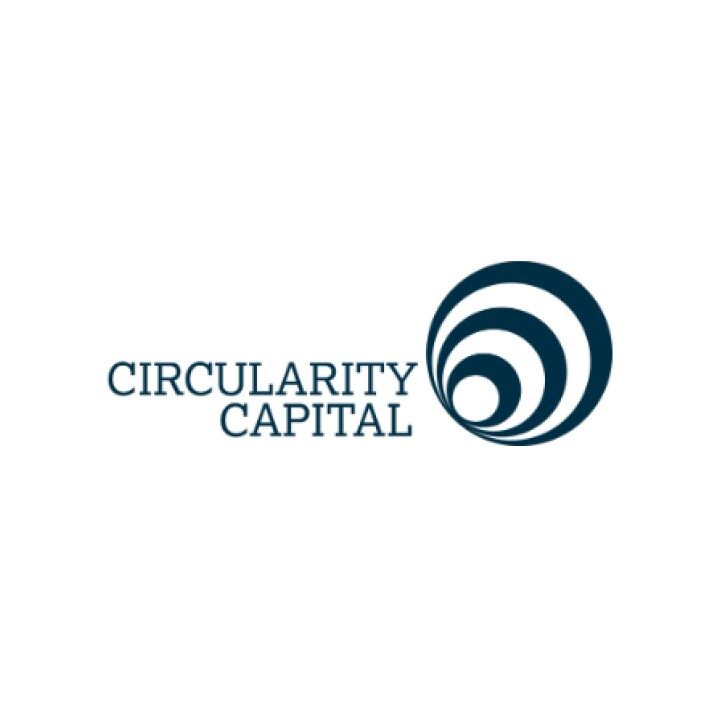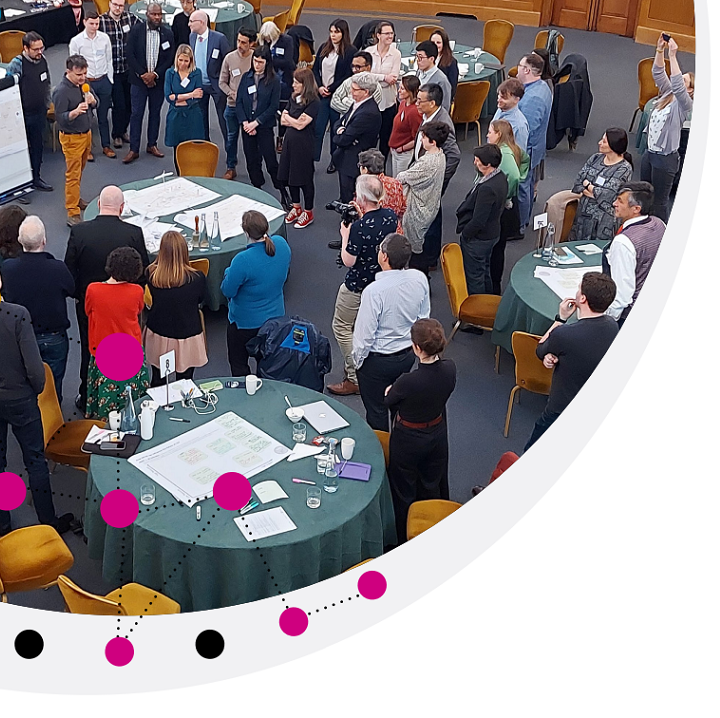2022, CE-Hub Team
Conceptualizing the circular economy: an analysis of 114 definitions
2017, Kirchherr, Reike & Hekkert
Abstract
The circular economy concept has gained momentum both among scholars and practitioners. However, critics claim that it means many different things to different people. This paper provides further evidence for these critics. The aim of this paper is to create transparency regarding the current understandings of the circular economy concept. For this purpose, we have gathered 114 circular economy definitions which were coded on 17 dimensions. Our findings indicate that the circular economy is most frequently depicted as a combination of reduce, reuse and recycle activities, whereas it is oftentimes not highlighted that CE necessitates a systemic shift. We further find that the definitions show few explicit linkages of the circular economy concept to sustainable development. The main aim of the circular economy is considered to be economic prosperity, followed by environmental quality; its impact on social equity and future generations is barely mentioned. Furthermore, neither business models nor consumers are frequently outlined as enablers of the circular economy. We critically discuss the various circular economy conceptualizations throughout this paper. Overall, we hope to contribute via this study towards the coherence of the circular economy concept; we presume that significantly varying circular economy definitions may eventually result in the collapse of the concept.






